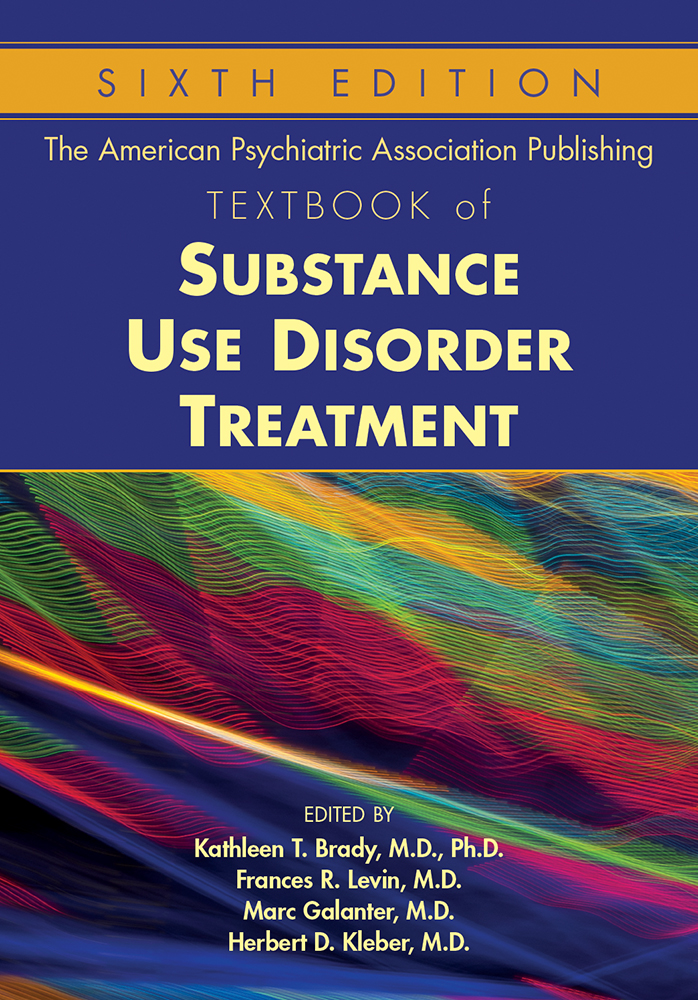Sections
Excerpt
Addiction education for health care providers has advanced substantially over the past several decades, due to its greater integration into medical school and postgraduate training curricula as well as the expansion of specialty fellowship and board certification opportunities in addiction psychiatry and addiction medicine. Educational advancements in the field of addiction medicine were catalyzed by the 1971 federally sponsored Career Teacher Program and were subsequently fostered through crucial support from various federal agencies (e.g., Substance Abuse and Mental Health Services Administration [SAMHSA], National Institutes of Health [NIH]) and specialty societies and organizations (e.g., American Society of Addiction Medicine [ASAM], Association for Multidisciplinary Education and Research in Substance use and Addiction [AMERSA], American Psychiatric Association [APA], American Academy of Addiction Psychiatry [AAAP]). Despite these early efforts, a lack of faculty members with expertise to teach about addiction persists, and education about addiction is lacking in comparison with education on other chronic medical conditions (Ayu et al. 2015; Committee on Crossing the Quality Chasm 2006; Isaacson et al. 2000; Rasyidi et al. 2012).
Access content
To read the fulltext, please use one of the options below to sign in or purchase access.- Personal login
- Institutional Login
- Sign in via OpenAthens
- Register for access
-
Please login/register if you wish to pair your device and check access availability.
Not a subscriber?
PsychiatryOnline subscription options offer access to the DSM-5 library, books, journals, CME, and patient resources. This all-in-one virtual library provides psychiatrists and mental health professionals with key resources for diagnosis, treatment, research, and professional development.
Need more help? PsychiatryOnline Customer Service may be reached by emailing [email protected] or by calling 800-368-5777 (in the U.S.) or 703-907-7322 (outside the U.S.).



